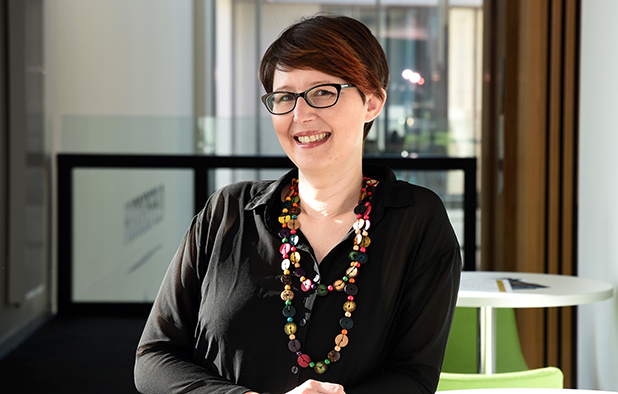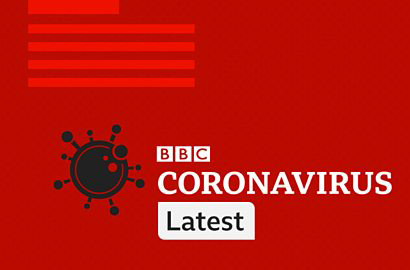“…Covid-19 has really demonstrated the value of public service broadcasting, also for providing reassurance and comfort – things we need in moments of stress…” As the BBC comes under scrutiny in The future of Public Service Broadcasting inquiry, Professor Catherine Johnson has been called on for her expertise on streaming and online video and television
THE future shape of the BBC and how it is funded in an age of popular streaming services, such as Netflix, are among the issues to be examined by a Parliamentary committee. It has enlisted the University of Huddersfield’s Professor Catherine Johnson, an expert on the contemporary television landscape.
She is the academic advisor selected by Parliament’s Digital, Culture, Media and Sport Committee for its new inquiry, titled The future of Public Service Broadcasting.
“One of the things that has massively changed is the wider media ecology,” said Professor Johnson, whose latest book Online TV examines the convergence of television and the internet.
“The rise of digital and in particular streaming and subscription on-demand services have changed the nature of broadcasting in quite radical ways. I think it was my specific expertise in relation to streaming and online video and online TV that meant I was awarded the post,” she added.
Professor Johnson points out that the UK’s public service broadcasters – including Channel 4 and ITV as well as the BBC – were among the first in the world to move into streaming video on-demand, in the mid-2000s.
“So the UK was ahead of the curve. But in the last few years, Netflix and to a lesser extent Amazon Prime Video have stratospherically taken off. That has been at the expense of BBC iPlayer in particular. So it is a very challenging time for public service broadcasters.”
TV Licence fee
The TV licence fee is currently a legal obligation for anyone wishing to watch live broadcast television or use the BBC’s iPlayer. But at the start of this year, the Digital, Culture, Media and Sport Committee announced an open consultation on decriminalisation of licence fee evasion. And the cost of funding free licence fees for over-75s will transfer to the BBC in June 2020.
This means that the new inquiry will examine funding models, but it will look more widely at what public service broadcasting should look like in an age of streaming and video on demand. Does the rise of streaming pose a grave threat to public service broadcasting?
Professor Johnson thinks maybe not, and that the current coronavirus crisis provides food for thought.
“The role that they are playing suggests very positive things for our public service broadcasters. They have been important in providing really trustworthy news and are seen as the core place to go for information.
“Covid-19 has really demonstrated the value of public service broadcasting, also for providing reassurance and comfort – things we need in moments of stress.”
Inquiry evidence
Professor Johnson has begun to analyse the large number of written submissions that have already been made to the new inquiry.
“They have come from people with many different areas of expertise and backgrounds and are absolutely fascinating. Part of my work is to go through this evidence, commenting on it and providing an expert perspective.”
The enquiry will then move on to hearing oral submissions and Professor Johnson will offer advice on who might be called on to take part.
The deadline for written submissions has been extended from 30 April to 19 June 2020 and anyone can make a submission. “It is important that we hear from members of the public as well as the industry, on what public service broadcasting means to their lives,” added Professor Johnson.
More Stories
TV surges in lockdown, but too technical for some
Professor Catherine Johnson assesses the increase in TV viewing in lockdown, though technical issues hindering certain viewers
Unravelling the tangled web of modern television
Professor Catherine Johnson’s new book, Online TV, provides a guide to changes that have taken place in the world of television
Covid-19 study – young people worried for future
The survey also found that 80 per cent of young people were actively seeking news from traditional outlets and ignoring social media



